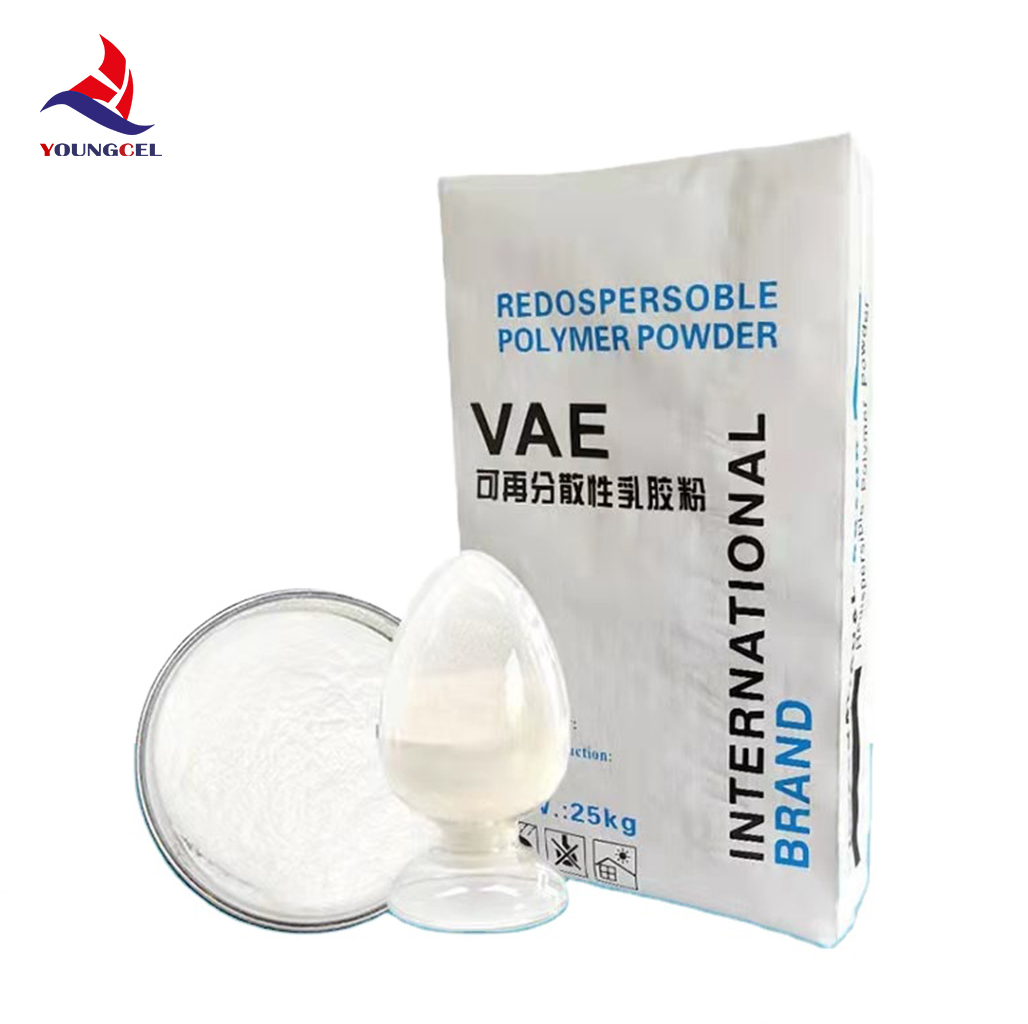Understanding Industrial Grade HPMC A Comprehensive Overview
Hydroxypropyl Methylcellulose (HPMC) is an essential cellulose ether widely utilized in various industrial applications due to its unique properties. Specifically, industrial grade HPMC plays a crucial role in the construction, pharmaceutical, and food industries. This article delves into the characteristics, applications, and benefits of industrial-grade HPMC.
Understanding Industrial Grade HPMC A Comprehensive Overview
In the construction industry, industrial-grade HPMC is predominantly used in dry-mix mortars, tile adhesives, and wall finishes. Its water retention properties ensure that mortar remains workable for an extended period, allowing for better adhesion and improved durability of the final product. This characteristic is especially valuable in hot and dry climates where rapid evaporation can compromise the integrity of construction materials.
industrial grade hpmc

In the pharmaceutical sector, HPMC serves as an excipient in various formulations, including tablets, capsules, and controlled-release drugs. Its compatibility with active pharmaceutical ingredients enhances the stability and efficacy of medications. Additionally, HPMC is used in ophthalmic solutions and as a vegan alternative to gelatin in capsules, offering versatility in drug delivery systems.
The food industry also benefits from industrial-grade HPMC, where it serves as a thickener, emulsifier, and stabilizer. It is commonly found in sauces, dressings, and dairy products, where it helps improve texture and consistency, contributing to an elevated consumer experience.
Overall, the versatility of industrial-grade HPMC makes it a valuable ingredient across multiple industries. With ongoing advancements in technology and formulation, the demand for HPMC is expected to grow, further solidifying its role as a key component in various products. Understanding its properties and applications will help industries leverage its advantages, ensuring enhanced performance and innovation in their respective fields.
-
Rdp Powder: Key Considerations for Wholesalers in the Building Materials IndustryNewsJul.08,2025
-
Key Considerations for Wholesalers: Navigating the World of Hpmc - Based ProductsNewsJul.08,2025
-
Hpmc Detergent: Key Considerations for WholesalersNewsJul.08,2025
-
Key Considerations for Wholesalers: China Hpmc For Tile Adhesive, Coating Additives, Concrete Additives, and MoreNewsJul.08,2025
-
Crucial Considerations for Wholesalers: Navigating the World of Construction MaterialsNewsJul.08,2025
-
Key Considerations for Wholesalers Sourcing Additive For Cement, Additive For Concrete, Additive For Putty from Additive Manufacturer Shijiazhuang Gaocheng District Yongfeng Cellulose Co., Ltd.NewsJul.08,2025




